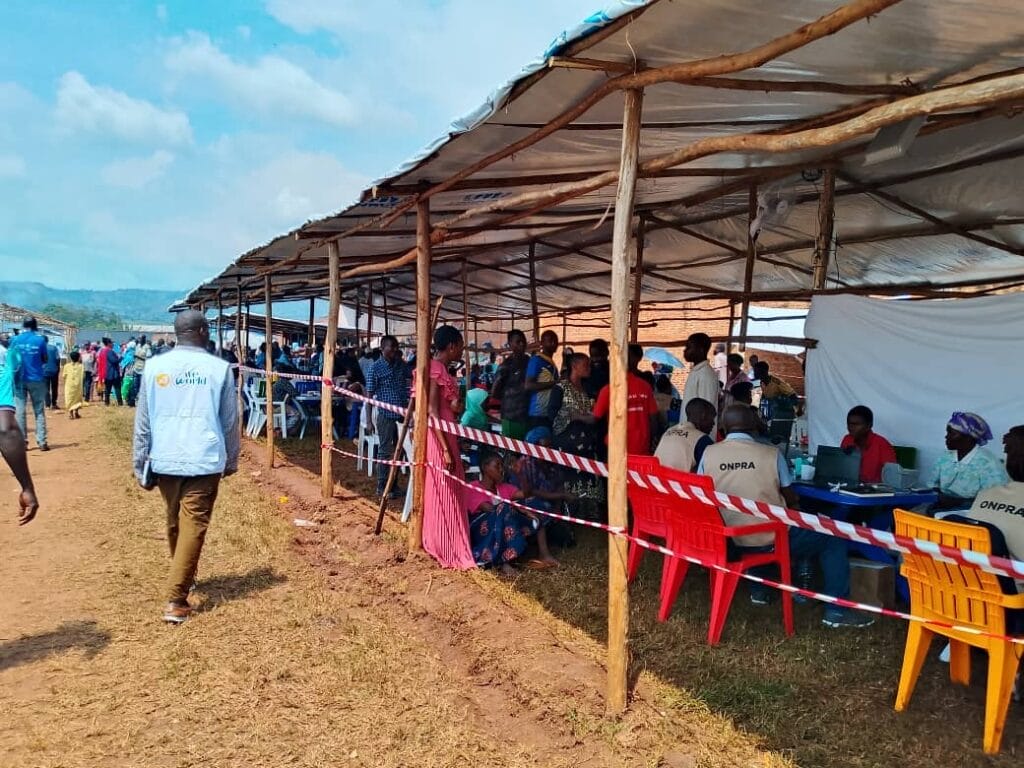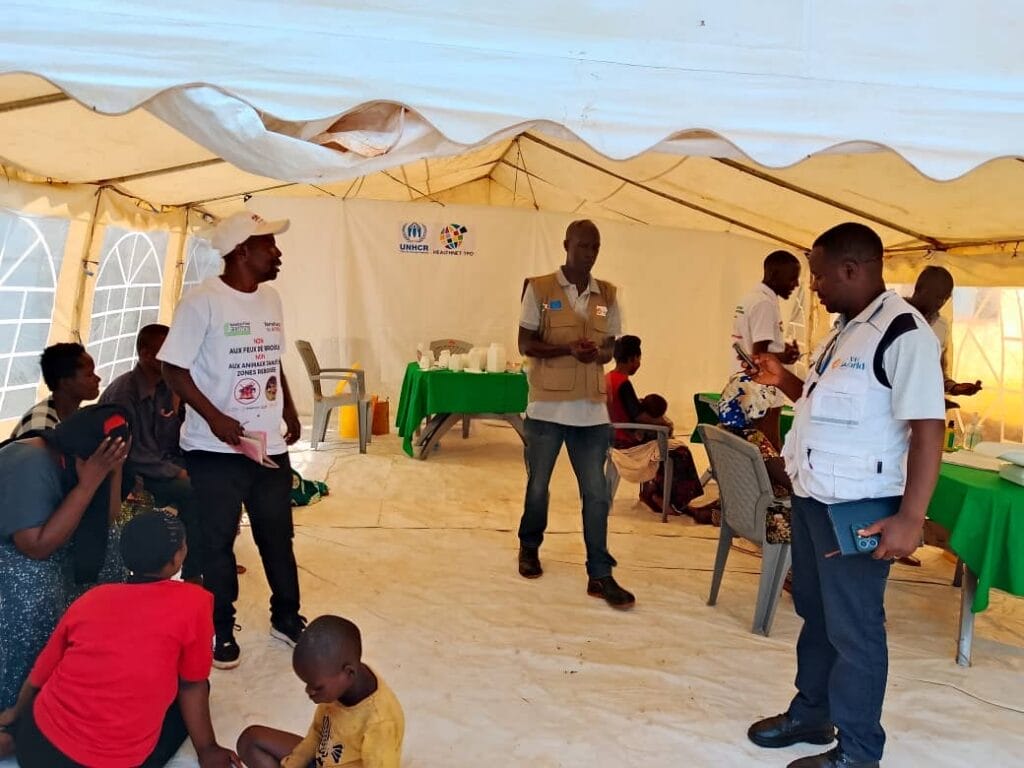The context
The Democratic Republic of the Congo (DRC) is facing one of the world’s most complex humanitarian crises. Years of armed conflict, internal displacement, and repeated outbreaks of violence - especially in the eastern provinces - have devastated communities and heightened urgent needs. In early 2025, a renewed offensive by the M23 rebel group, reportedly backed by Rwanda, severely escalated the crisis. North and South Kivu provinces have been particularly affected, with over 2 million people impacted in the Goma area alone.
More than 21 million people in the DRC are currently in need of humanitarian assistance. The number of internally displaced persons exceeds 7 million, while more than 3 million have returned to their areas of origin under precarious conditions. Compounding the situation, a nationwide cholera epidemic was declared in May 2025, further endangering lives and straining limited health and sanitation systems.
Our work in the country
WeWorld has a strong presence in South Kivu, operating out of Bukavu with the support of a regional coordination team based in Burundi. Our emergency team is also ready to be deployed to rapidly support evolving needs across the affected areas.

Main Sector of Intervention:
WASH (Water, Sanitation, and Hygiene)
In eastern DRC, limited access to clean water and sanitation services has heightened the risk of disease outbreaks, especially cholera. Internally displaced persons (IDPs) often live in overcrowded camps with poor hygiene conditions and no safe drinking water. Insecurity and funding constraints have hampered humanitarian efforts, while community water systems and sanitation infrastructure - especially in health facilities - remain severely damaged.
WeWorld is committed to restoring access to essential WASH services to improve public health and resilience. Our planned interventions aim to reach over 90,000 people with life-saving support.
To meet growing needs, WeWorld is mobilising additional resources and exploring the expansion of its activities through multi-sectoral assessments in conflict-affected areas.

